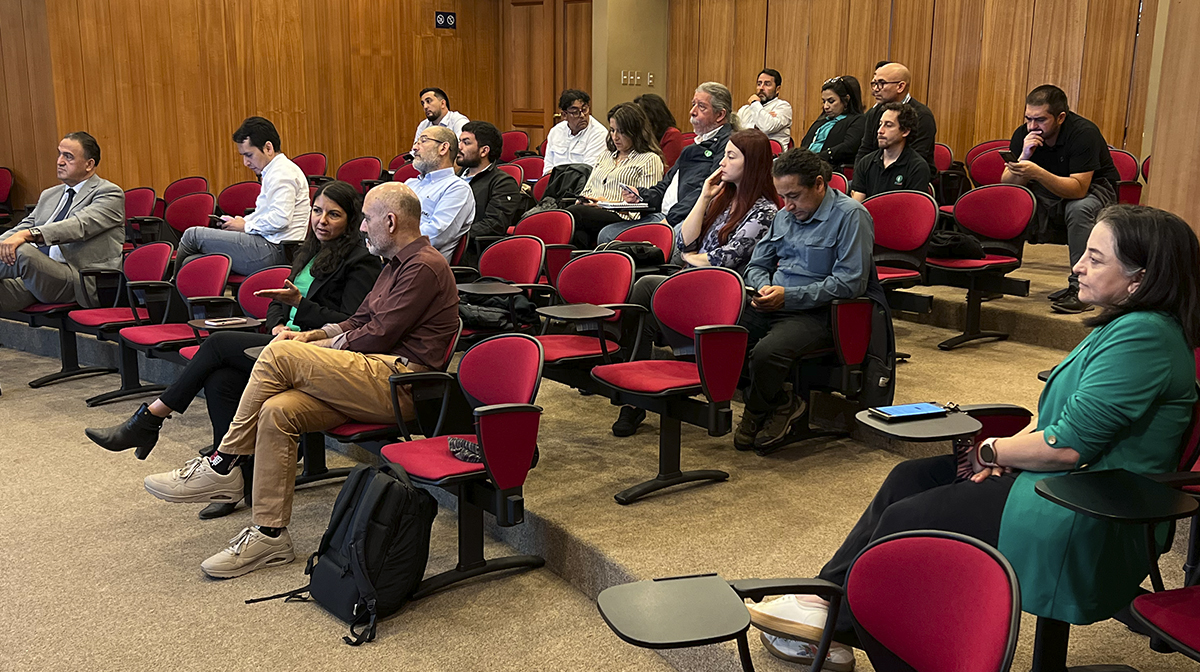As part of the technical roundtable held in the Biobío Region, the results of a study on the feasibility of implementing a mandatory quality standard for pellet fuel were presented, highlighting the importance of such regulation in improving the efficiency and safety of this biofuel in Chile.
Yesterday, in the Biobío Region, a technical roundtable was held to present the results of the study titled “Assessment of the Feasibility of Implementing a Quality Standard for Residential Pellet Fuel Sold in Chile.” This event represents a crucial step toward the development of a regulatory framework to ensure the quality and safety of pellet fuel in the Chilean market.
During the session, key findings were discussed regarding the quality of both woody and non-woody pellet fuel intended for residential use. The feasibility of establishing a regulatory framework for this biofuel was evaluated. One of the central topics was the proposal to create a quality certification system, emphasizing its importance not only for consumers but also for the development of the local market and its alignment with international standards.
Jorge Cáceres, Regional Secretary of Energy for Biobío, emphasized the significance of these developments: “We have taken a significant step toward creating a system that regulates the quality of pellet fuel in Chile, promoting more efficient energy that protects both people and the environment.”
Carla Pérez, Director of the Consulting and Innovation Department (C+i) at the Technological Development Unit (UDT) of the University of Concepción, highlighted the importance of the technical roundtable and the presentation of the study’s results:
“This study is very important because, on one hand, we have the Biofuels Law, and on the other, this region is a major pellet producer. Although pellet fuel is already well established in the market, we are working to further promote its use as an alternative to firewood, given its many benefits. Therefore, this study is key to understanding the current state of the market and helping to define what is being done regarding pellet quality, what is projected for the future, and how we can support the Ministry in developing subsequent regulations under the Biofuels Law related to pellet use.”
Key stakeholders also participated in the roundtable, including representatives from the Ministry of Energy, INFOR, Achbiom, CORMA, Pymemad, and civil society. They contributed to the discussion of preliminary recommendations for implementing a certification system tailored to the national context.
The event included presentations of the study’s results, a proposed set of quality standards, and a brainstorming session to define the next steps in the regulatory process.
Source: Official Statement from the Biobío Regional Ministry of Energy

